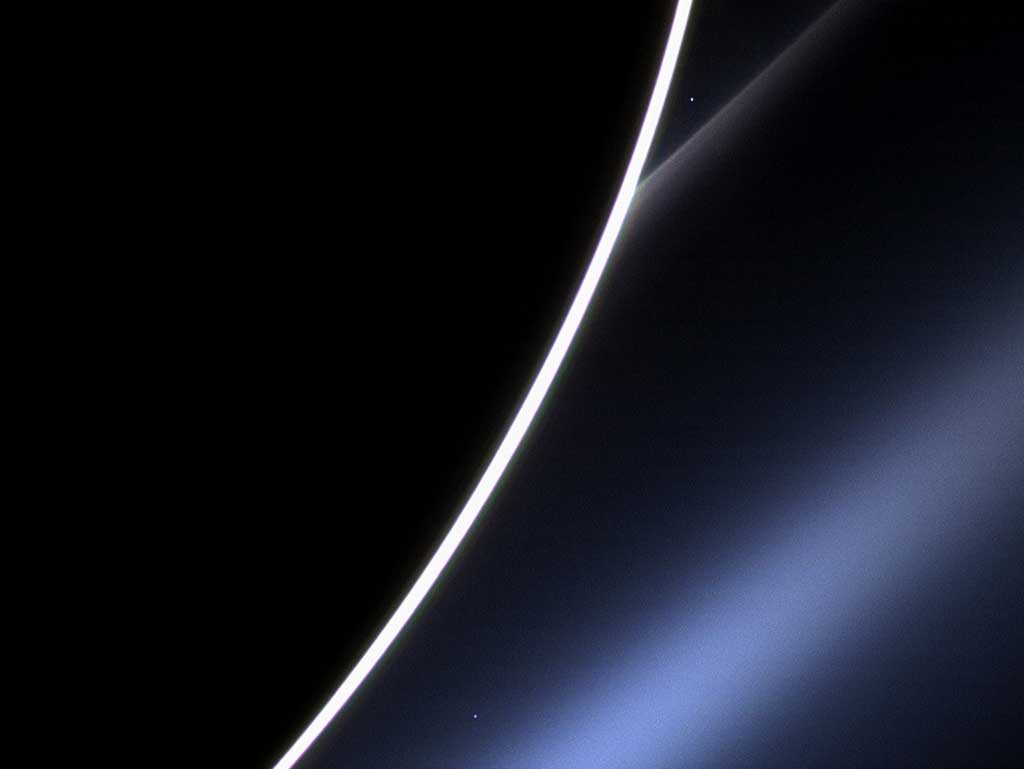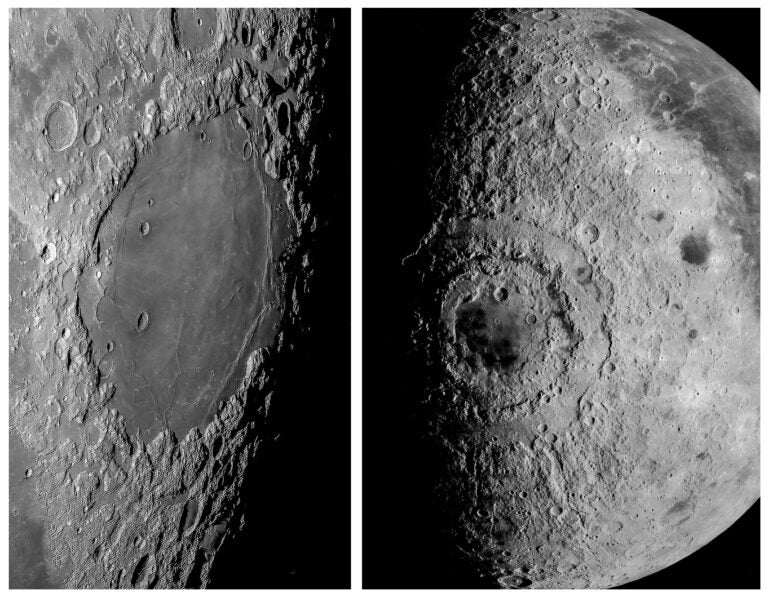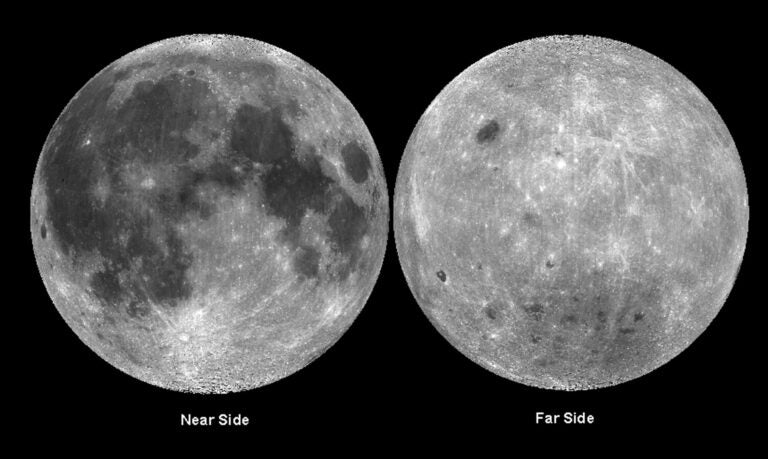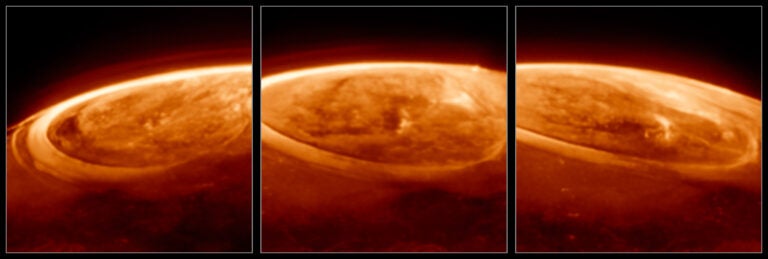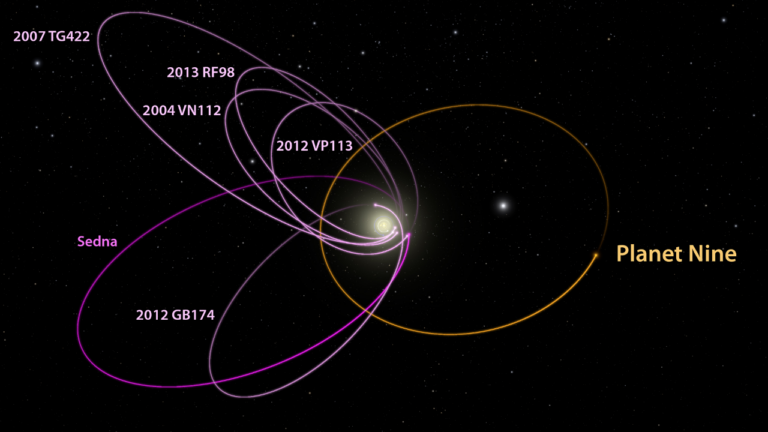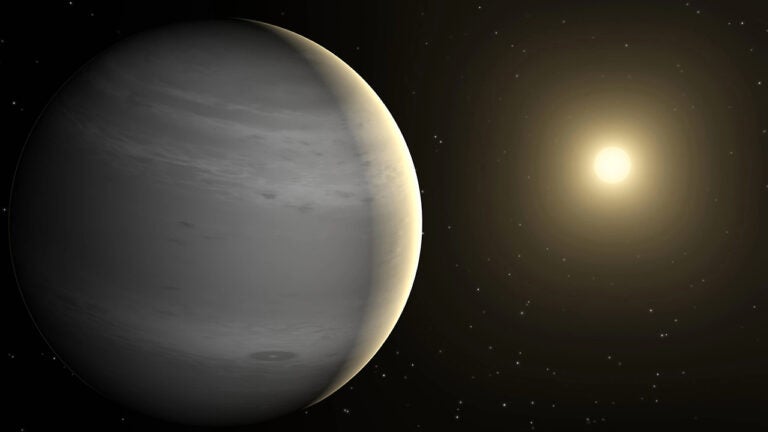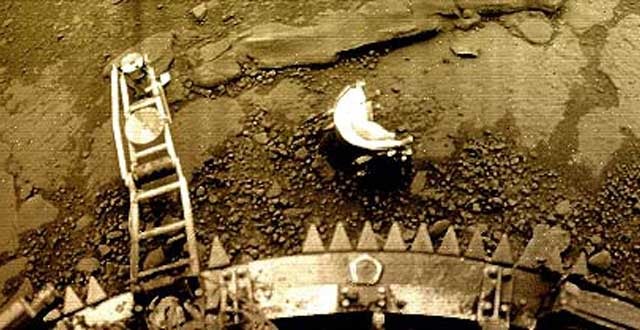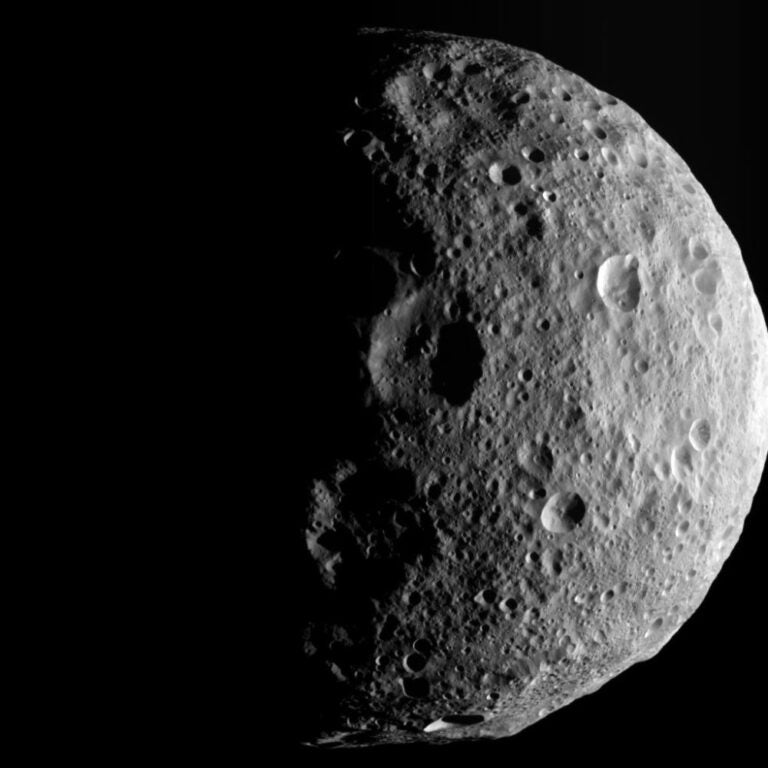Earth’s atmosphere also had a lot of carbon dioxide (CO2), which makes up Venus’ dense atmosphere. But on Earth, most of the atmospheric CO2 was removed. Earth has liquid water oceans. Water takes CO2 out of an atmosphere and turns it into limestone (carbonate rocks), which is plentiful in Earth’s crust. Venus’ CO2 stays in vapor form in its atmosphere because Venus hasn’t had surface water for a long time. The resulting greenhouse, coupled with its solar proximity, evidently helps keep it that way.
Still, Venus’ missing magnetic field does influence the physical processes of atmospheric escape. Scientists are still investigating the escape processes at a magnetized planet like Earth and those affecting Venus. The sister planets also likely have different impact and volcanic outgassing histories, as well as distinct magnetic and solar histories. Those differences are critical, too. A lot of detective work on the details remains to be done.
Senior fellow
Space Sciences Laboratory
University of California, Berkeley

